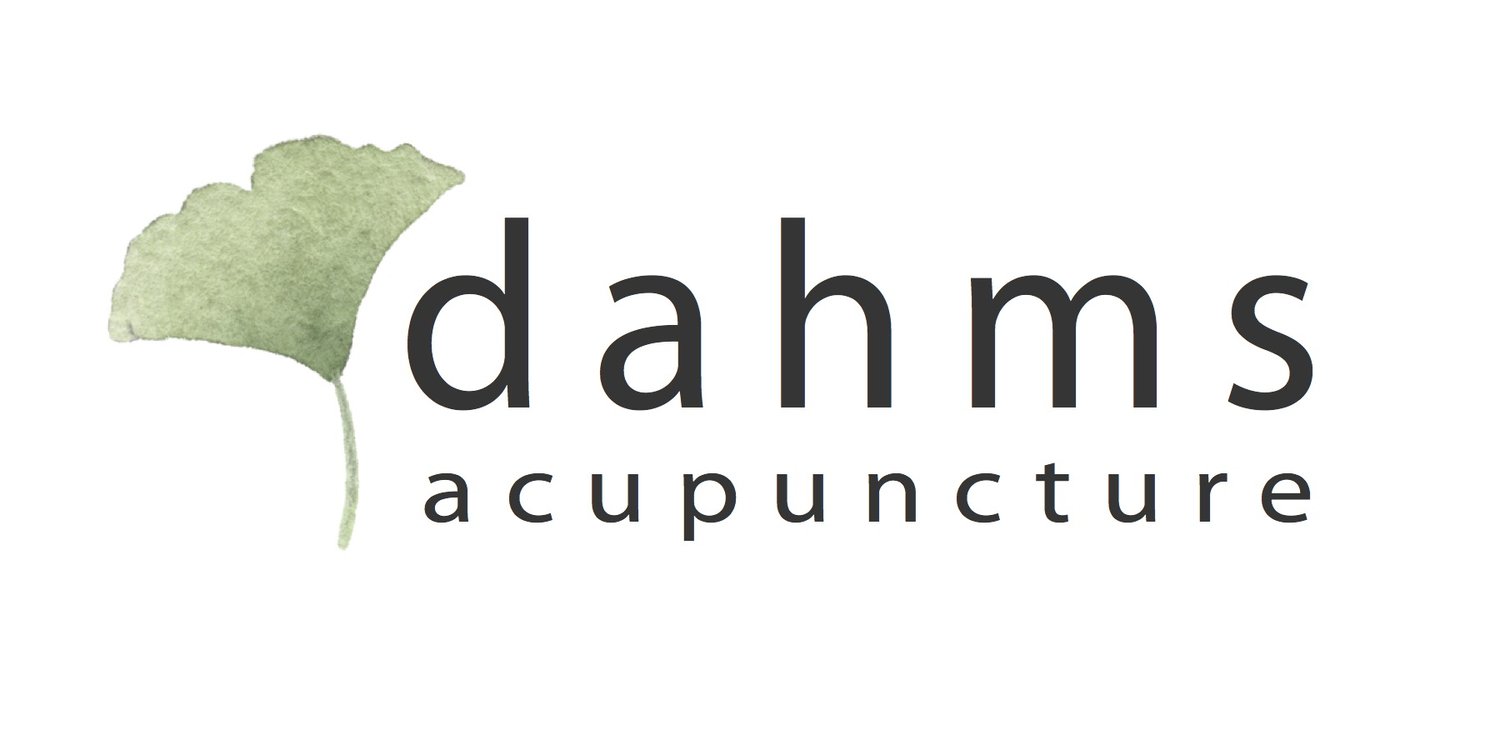Treating Foot Drop with Acupuncture
/Foot drop due to peroneal mononeuropathy (aka peroneal nerve dysfunction) occurs when the nerve in your lower leg has been damaged or compressed. This nerve, called the peroneal nerve, is a branch of the sciatic nerve that exits your spine at L4-S3 levels. The peroneal nerve runs from the outer part of your knee (just behind the fibular head) to the outer part of your foot and has several branches (common, superficial, and deep). It innervates the muscles that dorsiflex the foot (flexing your foot upwards) and extend the toes.
SYMPTOMS
•Foot drop, which is the inability to lift the ankle, extend the toes, or to turn the foot outward. You may notice frequent tripping.
(IMPORTANT: This particular symptom can be related to more serious underlying conditions which should be ruled out by a physician before proceeding with treatment for peroneal nerve damage).
•An altered sensation on the outside of the lower leg, such as numbness and tingling or odd temperature sensations.
CAUSE
The peroneal nerve can be damaged if the area around the knee is injured. It can also be damaged due to prolonged compression, such as habitual leg crossing or long term immobility (such as during a flight). Other causes include repetitive kicking or dancing, stretch injury, ischemia, infection, or inflammatory disease.
HOW IS IT DIAGNOSED?
Peroneal mononeuropathy is typically diagnosed by a physical examination of the legs and feet conducted by a neurologist. An MRI or CT scan may be used to confirm the compression of the nerve as well as a nerve conduction study.
PROGNOSIS
Peroneal mononeuropathy will most likely heal on it's own in 3-4 months. However, when combined with acupuncture and electro-stimulation, patients I've treated have experienced a greatly reduced recovery period and have been able to resume normal activities more quickly than without any intervention.
HOW DOES ACUPUNCTURE REPAIR DAMAGED NERVES?
It is widely understood that acupuncture stimulates blood circulation and has an effect on the nervous system. When acupuncture needles are placed along a damaged nerve, they help to improve blood flow to that nerve, facilitating improved healing. Acupuncture has also been shown to affect the metabolic microenvironment, such as regulating important chemicals and neurotransmitters that help with tissue repair. The body is capable of doing this on its own, however, it takes time. Nerve regeneration, especially, takes time, but acupuncture speeds up this process, making the healing response more efficient and focused.









